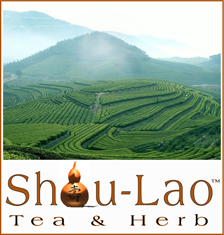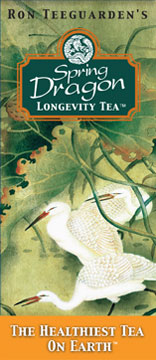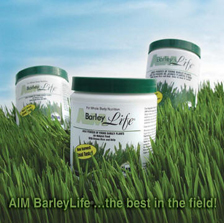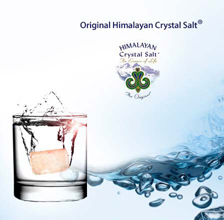Eagle Vision
According to tradition Chinese health theory, the Liver opens into the eye and controls vision. The Liver is a complex organ system. Its functions include not only those of the liver as we know it physiologically in the West, but also includes a number of other organic structures and functions that might seem unrelated at first glance, but are in fact closely related functionally – such as the control of the peripheral nervous system and, in particular, our vision. The eyes are a part of the peripheral nervous system, and are therefore controlled by the Liver. Both visual acuity and the condition of the eye itself are under the influence of the Liver.
The Liver is damaged by excessive heat, and therefore prefers to remain cool. Excessive heat conditions can cause general hypersensitivity, allergic reactions, and the full range of Liver symptoms. The natural tendency of the Liver is to overheat, in which case the heat rises, causing neck tension, hypertension, bloodshot or inflamed eyes, headaches, etc. This is called Liver fire rising. Or the heat can dry up the Liver Yin causing Liver Yin deficiency, which manifests as dizziness, depression, headache, irritability and blurred vision.
Lycium fruit (Goji berry) is famed for its benefit to the eyes as well as to the system as a whole. Lycium is a Liver and blood tonic. Common symptoms of deficiency of liver blood syndrome include dizziness, pale and lusterless complexion, blurred vision, visual "shooters" and dry eyes.
An herb that is highly reputed for its benefits to the eyes is the small Oriental Chrysanthemum Flower. This flower is used in Chinese herbalism to directly and quickly benefit the eyes and vision by clearing obstructions and allowing energy to flow freely through the eyes. It is a cooling herb which clears heat away from the eyes. This herb also helps to clear up eye congestion and eye infections in medicinal herbalism.
Lycium, Chrysanthemum, Dendrobium, Peony and Cassia tora nurture Liver Yin. Liver Yin deficiency is usually a result of Kidney Yin deficiency. Accompanying signs and symptoms will include dizziness, headache, irritability, nervous tension, dry eyes, photophobia, and blurry vision with accompanying kidney yin deficiency symptoms. These Yin herbs relieve Liver heat. Generally, Liver Yang quickly becomes excessive as well, accentuating the problem. This condition can become chronic.
Anger and toxic substances will cause the eyes to become red, as will a lack of sleep, which harms the blood and Yin of the Liver.
Of course, tonic herbs are not to be used for the purposes of curing any disease of the eyes (for that, you should consult a physician before using any herbs or supplements). This formula is used to promote the proper energy balance in the eyes so that the eyes remain healthy. However, it is worth understanding that according to Traditional Chinese Medicine (TCM theory), acute inflammatory eye diseases are generally associated with significant excess of Liver fire. Chronic eye disorders such as blurred vision, dizziness, chronically dry eyes, and glaucoma are caused by blood and Yin deficiency of the Liver (often in conjunction with Yin Jing deficiency). * (Again, if you are experiencing significant eye inflammation or what appears to be an eye infection or any other disease of the eye, you should consult a physician before using any herbs or supplements)
Cornus is another tonic fruit that has powerful effects on the Kidneys and Liver. It is traditionally believed to be a valuable eye tonic. Astragalus and Dioscorea supplement Qi and strengthen the body. Vitex rotundifolia purges Liver Fire, disperses wind-heat and clears vision. Ligusticum and Acorus stimulate the smooth flow of Qi and blood. Tribulus tonifies the Kidney and Liver and clears wind heat.
Traditional Function: Tonifies Liver, Nourishes Blood and Relieves Heat.
Who Can Use It? Anyone who wishes to improve their vision.
Concentration: 7:1
Specifications: 100 capusles, 500 mg each
Ingredients: Lycium fruit, Dendrobium stem, Senna obtusifolia seed , Chrysanthemum flower, Astragalus seed, Ligusticum chuanxiong rhizome, Tribulus seed, Chinese Yam rhizome, Cornus officinalis fruit, Vitex rotundifolia fruit, Chinese White Peony root.
Other Ingredients: Vegetarian capsules (Pullulan caps 100% natural, water-soluble polysaccharide produced through a fermentation process; vegetable origin; non-GMO; no starch, preservative or chemical modifications; gluten free.), rice powder.
Usage: Take 3 capsules, 2 times per day or as directed by a healthcare professional.





